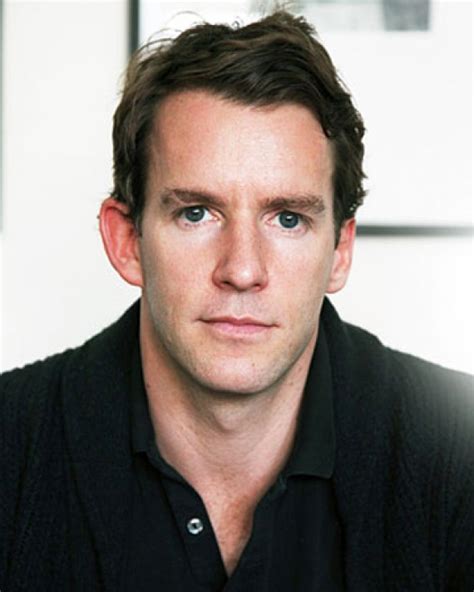A Quote by Bill Clegg
When I write, I tend to read it out loud to myself after. I'm a very uncomfortable reader, so it creates a distance between the text and me - it is a new way to see it.
Related Quotes
We must be forewarned that only rarely does a text easily lend itself to the reader's curiosity... the reading of a text is a transaction between the reader and the text, which mediates the encounter between the reader and writer. It is a composition between the reader and the writer in which the reader "rewrites" the text making a determined effort not to betray the author's spirit.
The power of a text when it is read is different from the power it has when it is copied out. Only the copied text thus commands the soul of him who is occupied with it, whereas the mere reader never discovers the new aspects of his inner self that are opened by the text, that road cut through the interior jungle forever closing behind it: because the reader follows the movement of his mind in the free flight of day-dreaming, whereas the copier submits it to command.
And so, when I began to read the proffered pages, I at one moment lost the train of thought in the text and drowned it in my own feelings. In these seconds of absence and self-oblivion, centuries passed with every read but uncomprehended and unabsorbed line, and when, after a few moments, I came to and re-established contact with the text, I knew that the reader who returns from the open seas of his feelings is no longer the same reader who embarked on that sea only a short while ago.
I do not consciously reclaim. I am not those "some readers" and so I think it would be impossible for me to see my work that way, as reclaiming a preserve. I write in a way that is aimed at all levels - conscious and unconscious - at pleasing the kind of reader I am. Some of the authors I read are male, some are female, and some are even in between. And speaking of in between, maybe now is as good a moment as any to point out that there might be no "feminine" or "masculine" literary sensibility, or sensibility generally.
I overanalyze things way too much, to the point where it affects my life. Like, when I'm talking to a boy, I'll overanalyze a text message he sent. And I have to think to myself, 'Just chill out. Some guy sent me a text message. That's all. Don't read something into it that's not there. Just be glad he sent you a text message!'
I'm finding things out about myself as a person - as a writer - as I write, and so are the people who listen to what I do. But they have this additional aspect of how they take the stuff that I do, and so it broadens the work and it creates this strange connection. It's really a way of strangers communicating through this third thing, which is a body of work. But really, I know it's a cliché to say I write for myself, but I write for myself.
The desire to be liked is acceptable in real life but very problematic in fiction. Pleasantness is the enemy of good fiction. I try to write on the premise that no one is going to read my work. Because there's this terrible impulse to grovel before the reader, to make them like you, to write with the reader in mind in that way. It prevents you doing work that is ugly or upsetting or difficult. The temptation is to not be true to what you want to write and to be considerate or amusing instead. I'm always trying to fight against the impulse to make my readers like me.
I struggle to try not to read the press about my album. It was great when the first stuff came out to hear that people liked it, but at the same time at this point it's almost hard for me to read because as much as I'm uncomfortable with my voice, trust me, I'm more uncomfortable with the things I say. [laughs] To see it on a written page, it's like, "Oh my god. I told that guy I'm a hopeless romantic! What am I doing?"



































